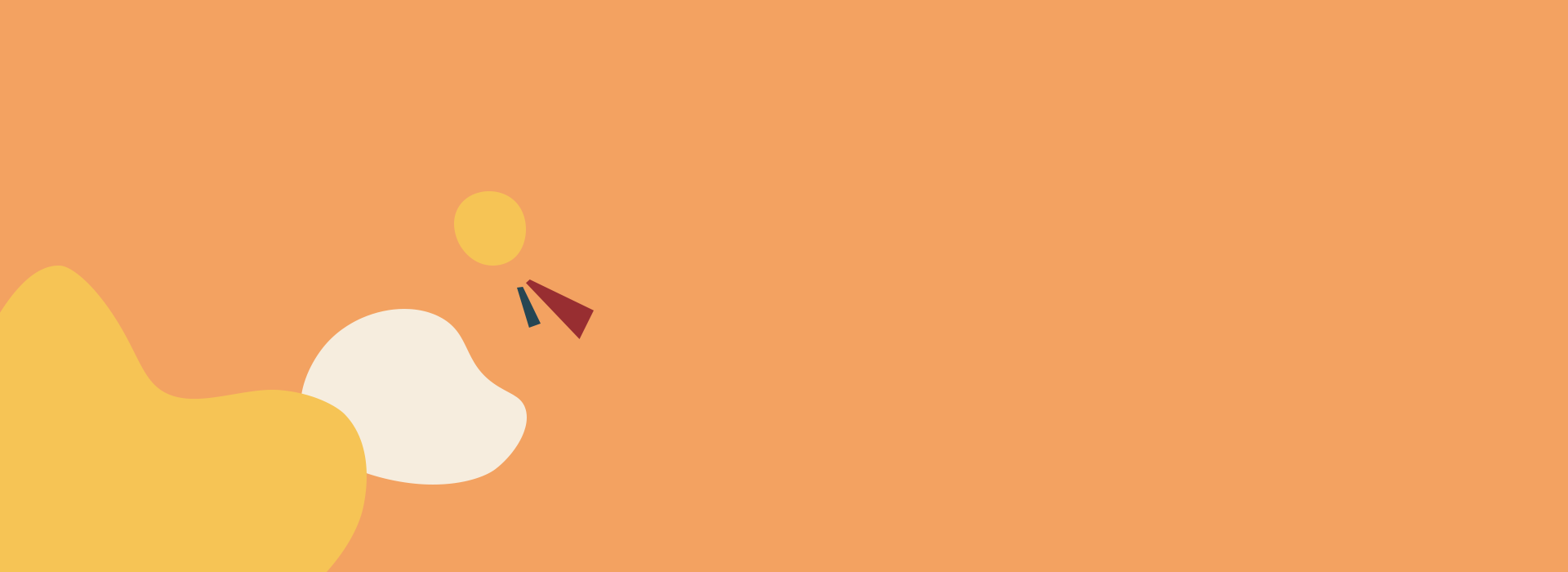
DOUGLAS LONIE
Growing up in Dundee in the 80s and 90s my parents helped me understand that I have a moral obligation to pursue and promote social justice. I learned that the current socio-political systems are not always sufficient for this to be achieved, so where possible these systems should be changed.
As a child I was encouraged to be creative in different ways. This enabled me to express myself, understand the world from different perspectives and provide a cheap source of entertainment for the family.
I also developed a deep and lasting love of the Minogue sisters.
At high school I was taught to fully appreciate the humanities, modern and ancient languages, and to critically explore and challenge accounts of our shared global history and cultures. I also had a lot of trouble with my hair and my love of the Minogues wasn’t always fully appreciated by my peers.
At university I eventually learned to love sociology, studied a bit of cultural theory, completed a master’s in social research methods, and eventually a PhD exploring the links between music and adolescent mental health. This gave me a strong grounding in applied quantitative and qualitative research methods (and quite a bit of debt).
I then worked as the Research Manager at Youth Music, where I learned that you can’t keep talking about giving young people a voice if at the same time you’re telling them what to say or the ‘correct’ way to say it. I also researched the concept of ‘critical consciousness’ as a core function of non-formal education and a driver of social change and started to more deeply understand the social and economic structures that enable and limit this process.
Working with BOP Consulting for the next six years introduced me to fascinating clients and colleagues across a huge range of projects all over the world and turbo-charged my professional experience.
In this time, I relocated to Barcelona. Observing inter-group conflict here, there and everywhere, I thought about how to develop my practice to develop more creative and participatory methods that might help people to come together in the spirit of radical humanism.
So here we are. A long friendship, serendipity, and shared passions have led us to tialt.
Returning to first principles we want this work to make a positive difference. We think that by focusing on methods, tools and approaches that invite people to look at the world from a different angle we can understand this world, and each other, a bit better.
We also want the organisations and institutions we work with to take more creative and empathy-based approaches to their work.
Finally, we want to do this with anyone else who shares these interests and passions, looking positively to the future, recognising the strength of collaboration in an increasingly complicated world



